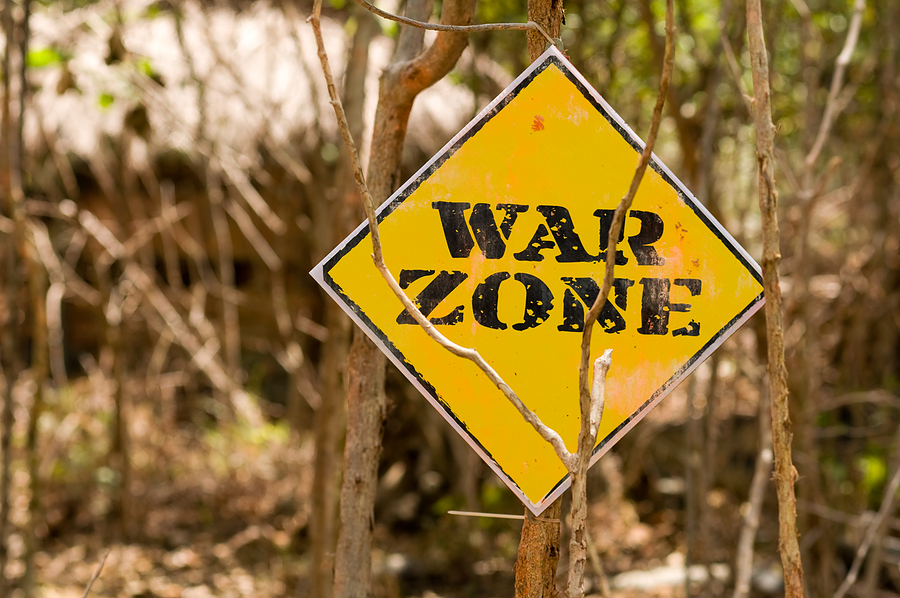Highlighted need for action on mental health following aftermath of war
By Rachel O'Rourke
A new report from the World Health Organisation has highlighted the need for mental health action in war-torn countries.
 Health experts have warned that people living in countries recovering from war are at risk of being “left to their own devices” in tackling mental health.
Health experts have warned that people living in countries recovering from war are at risk of being “left to their own devices” in tackling mental health.
According to Medical News Today, a new report published in the Bulletin of the World Health Organisation the post-conflict environment increases the risk of mental health problems and leaves an “open door” to the exploitation of people from alcohol, tobacco and fast-food companies.
Writing for the Bulletin, Preetii Patel of King’s College London and Bayard Roberts and Martin McKee of the London School of Hygiene & Tropical Medicine found that other ailments, such as high blood pressure, diabetes and cancer, could also be spurred by such circumstances.
After exposure to traumatic events, people may be prone to developing harmful behaviours, such as excessive drinking, the trio wrote.
The study said: “This toxic combination of stress, harmful health behaviours and aggressive marketing by multinational companies in transitional settings requires an effective policy response but often the state has limited capacity to do this.”
Dr Roberts, a lecturer in the European Centre on Health of Societies in Transition, told Medical News: "While great attention is rightly paid to infectious diseases, non-communicable diseases should also be given attention - especially as the post-conflict environment can provide the perfect breeding ground for unhealthy activities like smoking, drinking and poor diet.
”We are making the argument that if the authorities do not step up to lead the way in developing policies which will benefit public health, then they leave the route clear for companies to step in and serve their own interests."
According to the source, Afghanistan has no national policy towards implementing a National Council on Disability for the oversight of mental health issues.
"This policy vacuum provides an open door for multinational companies to influence policies in ways that undermine efforts to control tobacco and alcohol use or improve unhealthy diets in transitional countries," the experts said.
In the piece, the authors argued that such gaps needed to be filled. It pointed out that the post-conflict period can also offer the opportunity to rewrite strategies and undertake reforms to address the health needs of a country and lay the foundations for efficient health systems.





